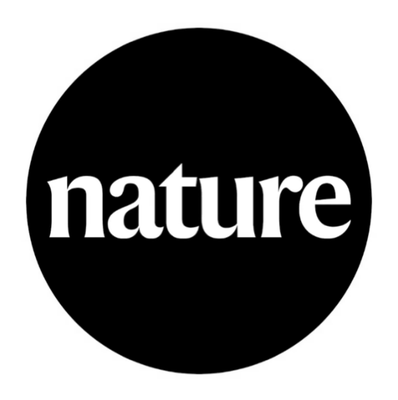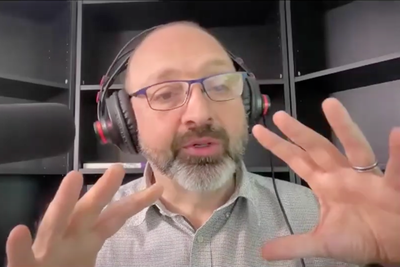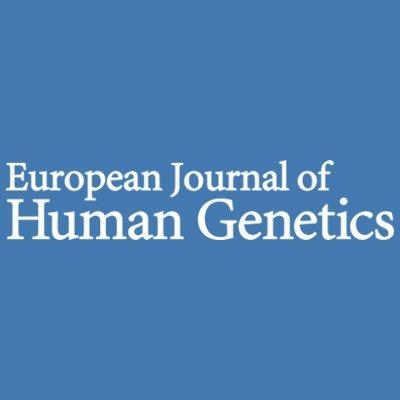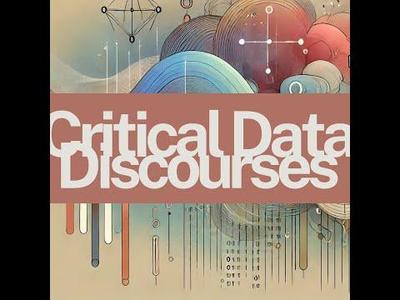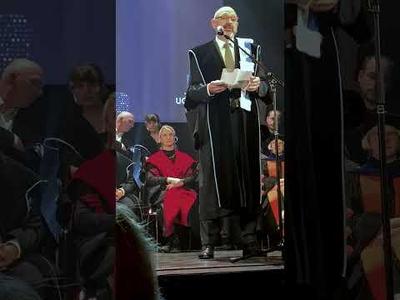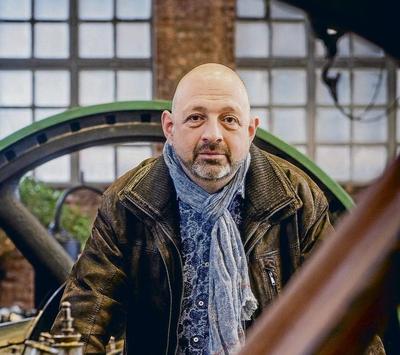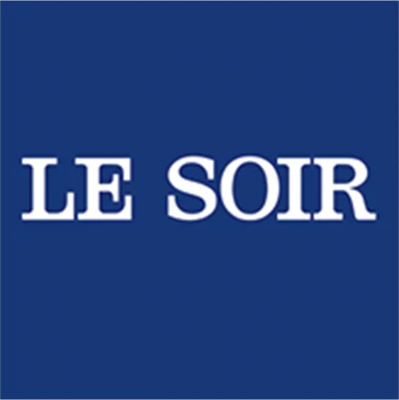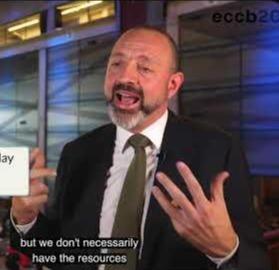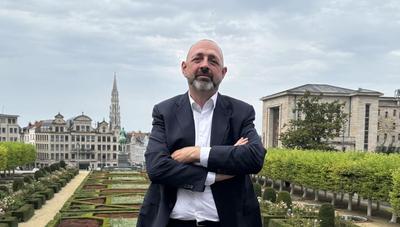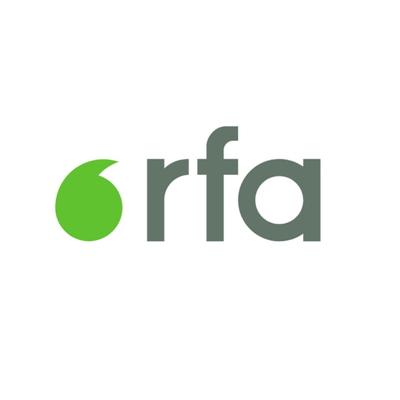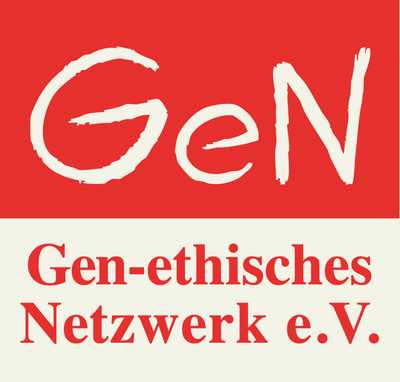Yves Moreau receives honorary doctorate from UCLouvain
I am immensely honored to have been awarded a doctorate honoris causa from UCLouvain, Belgium on February 27, 2025. Over the years, my efforts to push back against the misuse of forensic DNA technology have taken place through a network of collaborators. I would like them to feel that this recognition is shared with them! I have also been blessed to work with many fantastic journalists. I would like to dedicate this award to the hundreds of academics of Xinjiang who are arbitrarily detained, have disappeared, or have been unfairly sentenced, including Prof. Ilham Tohti, an economist at Central Minzu University, Sakharov Prize laureate, sentenced to life, and Prof. Rahile Dawut, an ethnographer at Xinjiang University, sentenced to life. Thank you to Sophie Richardson, Maya Wang, Emile Dirks, Ausma Bernot, PhD, Sui-Lee Wee, Mara Hvistendahl, and many more!

